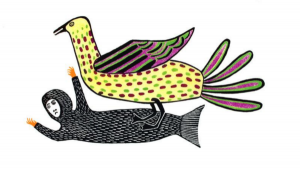Is the World Going Plant-Based? It’s Complicated.
Every day we learn more about our home planet’s fascinating cohabitants: we know that mother pigs sing to their piglets while nursing; we know that chickens form complex social hierarchies; we know that dolphins have the longest memories in the animal kingdom; we know that birds can sing a wide range of complex songs, each with its own specific meaning; we know that when a goose’s mate dies, its partner will remove themselves from the flock and mourn for life.

